Angina, regardless of its cause, whether severe or mild, should not be ignored. Sufferers need to see a doctor for examination and timely treatment, according to the health website Medical News Today (UK).
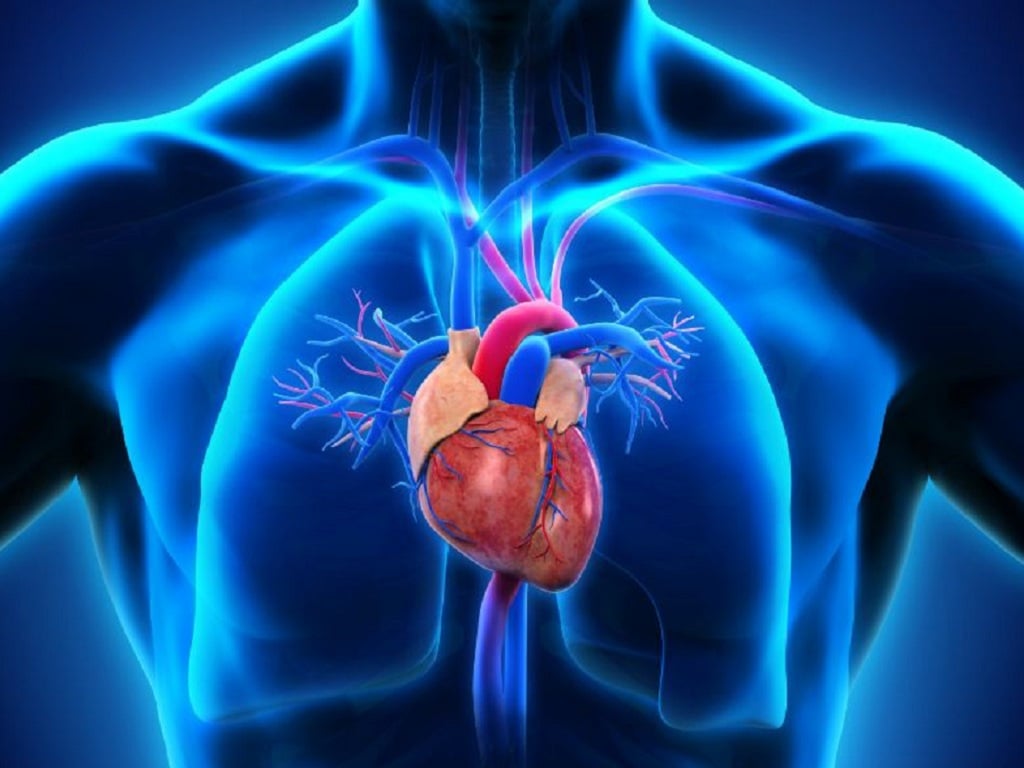
Chest pain due to pulmonary embolism, although not a heart attack, is still life-threatening.
Causes of chest pain that are not heart disease but can still be dangerous include:
Pulmonary embolism
Pulmonary embolism is characterized by severe chest pain that comes on slowly or suddenly. This chest pain feels quite similar to a heart attack, and is worse with exertion. The patient may also have swelling in the legs and cough up blood and mucus.
Pulmonary embolism is caused by a blood clot that gets stuck in the pulmonary artery, blocking blood flow to the lungs. Pulmonary embolism can lead to dangerous complications such as affecting heart circulation, causing the heart to stop beating.
Pulmonary hypertension
Pulmonary hypertension is also known as pulmonary hypertension. It causes high blood pressure in the blood vessels that supply the lungs and heart. Symptoms include rapid heartbeat, fatigue, shortness of breath, and chest pain.
Pulmonary hypertension is often caused by coronary artery disease, high blood pressure, lung disease, or blood clots in the lungs. If left untreated, pulmonary hypertension can lead to heart failure, pulmonary artery rupture, and even death.
Pneumothorax
Pneumothorax is a condition in which air gets between the layers of the chest wall, such as the rib cage, muscles, or lung tissue. This condition causes chest pain, difficulty breathing, and pressure on the lungs due to the accumulation of air inside the chest. This is a medical emergency and requires immediate medical attention.
Esophageal rupture
Esophageal rupture occurs when the lining of the esophagus tears. The tear causes sudden chest pain. The pain can range from mild to severe, depending on the location and size of the tear.
Symptoms of an esophageal rupture include vomiting blood, nausea, fever, or shortness of breath. If left untreated, an esophageal rupture can cause food and fluids in the esophagus to pass through the tear and enter the chest cavity. This can lead to infection and other dangerous complications, according to Medical News Today .
Source link



![[Photo] Prime Minister Pham Minh Chinh starts construction of vital highway through Thai Binh and Nam Dinh](https://vphoto.vietnam.vn/thumb/1200x675/vietnam/resource/IMAGE/2025/5/12/52d98584ccea4c8dbf7c7f7484433af5)
![[Photo] Prime Minister Pham Minh Chinh receives Swedish Minister of International Development Cooperation and Foreign Trade](https://vphoto.vietnam.vn/thumb/1200x675/vietnam/resource/IMAGE/2025/5/12/ae50d0bb57584fd1bbe1cd77d9ad6d97)
![[Photo] Prime Minister Pham Minh Chinh works with the Standing Committee of Thai Binh Provincial Party Committee](https://vphoto.vietnam.vn/thumb/1200x675/vietnam/resource/IMAGE/2025/5/12/f514ab990c544e05a446f77bba59c7d1)









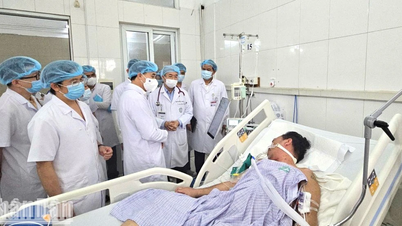


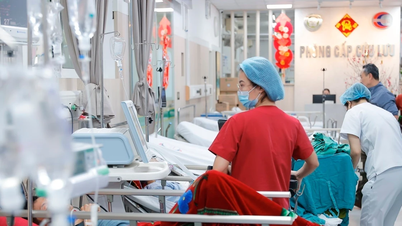
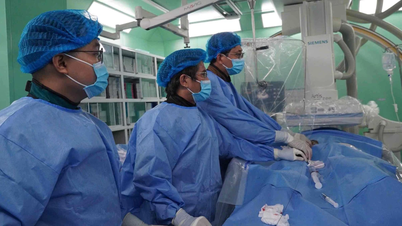

































































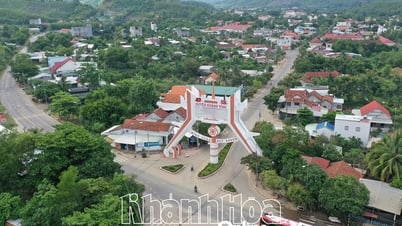











Comment (0)